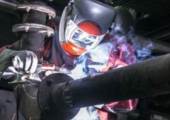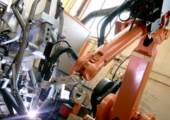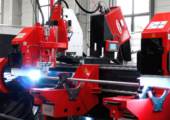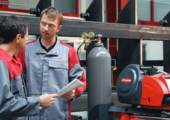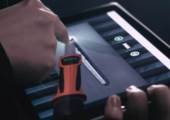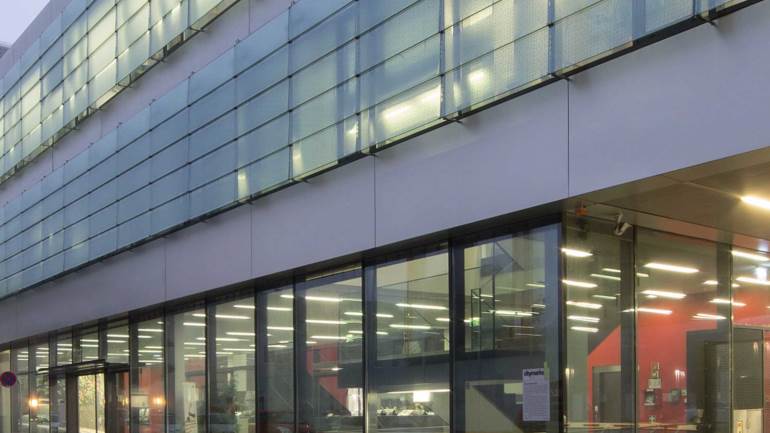-


在线留言
发送您的问题或需求,我们将尽快与您取得联系!
×
-
AUTOMATICALLY PRODUCING THE PERFECT WELD SEAM
MECHANISED WELDING SYSTEMS FOR INDUSTRY
07/27/2020
From the automotive and component supply industry to machine and plant construction, and also the oil and gas industry: mechanised welding processes are indispensable in all metal-working sectors. The reasons for this are obvious: nowadays, welding tasks have to be completed more quickly, more cost-effectively and to a higher degree of quality than ever before – and all that with increasingly complex component geometries and an increasing variety of materials. Automated welding systems offer industrial companies the necessary efficiency, performance and reproducible quality to remain competitive in the face of international competition.

THE RIGHT PARTNER FROM THE START
Fronius is the global leader in mechanised welding technology thanks to the efforts of the Fronius Welding Automation department, which was founded in 1975. Its portfolio ranges from planning and design through to engineering, manufacturing and commissioning, as well as servicing and maintenance. Together with the user, Fronius experts analyse the requirements of the task at hand. Based on these findings, Fronius then designs the perfect welding system from an extensive range of components – or will even develop a special solution for more unique scenarios. When engineering a solution it is important not only to select the right sensor technology as well as the control and safety technology, but to also consider logical operating sequences, extremely precise welding processes and flawless results. All the components required are manufactured to the highest quality and compliance engineering standards. Fronius commissions the welding system in-house, performs pre-acceptance tests with the customer and then installs the system on site. Expert training courses and process optimisations during the production ramp-up phase are also part of the service.
The welding systems are characterised by their high quality and the optimal interaction between all components. The most advanced power source technology from Fronius stabilises the arc and ensures perfect weld seams. High quality sensor technology facilitates precise torch guidance and balances tolerances for industrially manufactured components. Clamping systems and conveying systems can also be added as required. Cameras and data documentation systems facilitate monitoring of the welding process and provide valuable information for future optimisations. The intelligent system controls impress with their ease of use, making even highly complex welding systems clear and easy to operate.
WIDE VARIETY OF PROCESSES AND APPLICATIONS
The mechanised welding systems are used in a diverse range of applications – meaning that their configurations and the welding processes used are just as diverse. For longitudinal welding, the welding torch or the component moves in a lengthwise direction; for circumferential welding, the component rotates around a fixed welding torch. This is in contrast to orbital welding, which is preferred for pipe and flange joints: in this process, the welding torch rotates around a (usually cylindrical) component. Another variant is overlay welding, also known as cladding. This protects components against wear and corrosion by applying a filler metal. For every individual case, the Fronius experts identify the process that delivers the best, cost-effective results, and around which they will design the ideal system.
This has a decisive advantage for the user: everything they need is available from a single source and they have a point of contact for all their welding technology needs throughout the entire product lifecycle. Fronius offers a comprehensive customer support service, allowing the welding system to achieve the desired results for as long as possible. A global network of partners guarantees rapid and expert support on location. Systems can also be adapted to changing demands with expansions and software updates; and thanks to retrofitting, older installations can also be quickly brought in line with the latest technology. This ensures that the investment yields returns over the long term.
-


 下载
下载
 会员中心
会员中心



 收起
收起
